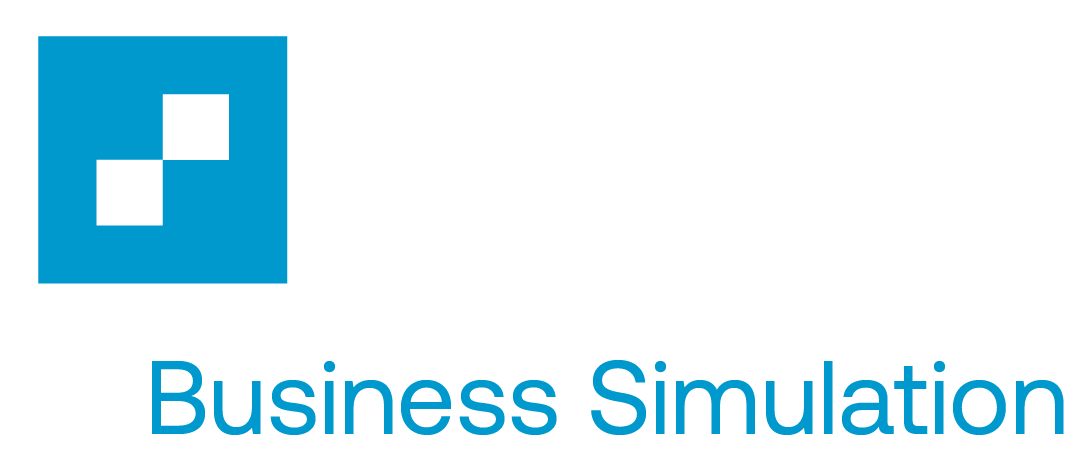
Code of Ethics
Who We Are/Code of Ethics

Our Values
1. Innovation:
We foster a culture of continuous innovation, encouraging creative thinking and embracing bold ideas to drive transformative change in education.
2. Excellence:
We strive for excellence in everything we do, setting high standards for ourselves and delivering exceptional quality in our products, services, and interactions.
3. Collaboration:
We believe in the power of collaboration and actively seek partnerships and synergies to co-create impactful solutions, leveraging diverse perspectives and expertise.
4. Learner-Centricity:
We put learners at the center of everything we do, tailoring our offerings to their needs, preferences, and aspirations, ensuring an engaging and personalized learning experience.
5. Integrity:
We conduct ourselves with honesty, transparency, and ethical principles, maintaining integrity in all our interactions and decisions.
6. Social Impact:
We are committed to making a positive social impact, striving to bridge educational gaps, promote inclusivity, and contribute to improving communities worldwide.
7. Customer Success:
We prioritize the success and satisfaction of our customers, going above and beyond to exceed their expectations and deliver value that drives their growth and achievements.
IBDL Code of Ethics
Part 1: Relation between IBDL and The Accredited Training Centers
Integrity and Collaboration:
- IBDL and the accredited training centers shall foster a relationship built on trust, integrity, and mutual respect.
- They shall collaborate transparently, ensuring effective communication and cooperation in achieving shared goals.
Quality Assurance:
- IBDL and the accredited training centers shall maintain the highest quality standards in delivering education and training programs.
- They shall work together to continuously assess and improve the effectiveness of the programs, ensuring they meet or exceed industry standards.
Compliance with Standards and Guidelines:
- IBDL and the accredited training centers shall adhere to the established standards, guidelines, and policies set forth by IBDL.
- They shall ensure compliance with all relevant laws and regulations governing their operations and certifications.
Part 2: Relation between IBDL and the Certified Trainers
Professionalism and Competence:
- IBDL and the certified trainers shall maintain professionalism and demonstrate competence.
- They shall possess the qualifications, expertise, and knowledge to deliver educational content aligned with IBDL's standards.
Ethical Conduct:
- IBDL and the certified trainers shall conduct themselves ethically, treating all learners with respect, fairness, and impartiality.
- They shall refrain from engaging in any conduct that may undermine the learning process's integrity or compromise the learner's trust.
Part 3: Relation between IBDL and the Learners
Learner-Centric Approach:
- IBDL shall prioritize the needs and well-being of the learners, providing an inclusive and supportive learning environment.
- IBDL shall ensure the educational content and assessments are relevant, engaging, and aligned with the learners' educational goals.
Transparent Information:
- IBDL shall provide learners with accurate and comprehensive information about the certification programs, including the learning objectives, assessment methods, and certification requirements.
- IBDL shall address learner inquiries and concerns promptly and transparently, offering guidance and support throughout their learning journey.
Part 4: Relationship between the Accredited Training Centers and the Certified Trainers
Collaboration and Professional Development:
- Knowledge Sharing: The accredited training centers shall encourage and facilitate sharing of knowledge, expertise, and best practices among certified trainers.
- Continuous Learning: The accredited training centers shall provide opportunities for certified trainers to engage in ongoing professional development. By staying up-to-date with the latest advancements, trainers can enhance their instructional techniques and offer learners a more enriching learning experience.
- Collaboration on Course Design: The accredited training centers and certified trainers shall work together to improve and refine the content and structure of the training programs. By collaborating on course design, trainers can contribute their subject matter expertise and practical insights, ensuring that the programs align with industry needs and provide learners with relevant and up-to-date knowledge and skills.
Collaboration and knowledge sharing:
- Quality Enhancement: Through collaborative efforts, accredited training centers and certified trainers can collectively identify areas for improvement within the training programs. They can exchange feedback and insights to refine the curriculum, instructional materials, and assessment methods, ultimately enhancing the overall quality and effectiveness of the training programs.
- Best Practices and Innovation: The collaboration between accredited training centers and certified trainers facilitates the sharing of best practices and innovative approaches to training delivery. By embracing and implementing these best practices, the training programs can evolve to meet learners' changing needs and preferences.
- Continuous Program Evaluation: The accredited training centers and certified trainers shall engage in constant program evaluation to monitor the effectiveness of the training programs. By working collaboratively, the centers and trainers can identify areas for improvement and implement necessary changes to ensure the ongoing relevance and quality of the training programs.
Part 5: Relation between the Accredited Training Centers and the Learners
Commitment to Learner Success:
- Needs Assessment: The accredited training centers shall conduct thorough needs assessments to identify the learner's specific requirements, goals, and learning preferences. This information serves as the foundation for designing and delivering tailored educational programs that address the unique needs of each learner.
- Customized Learning Pathways: The accredited training centers shall provide learners with personalized learning pathways that align with their goals, interests, and skill levels.
- Quality Instruction: Trainers shall employ effective teaching methodologies, use interactive and engaging instructional techniques, and provide timely feedback to support learners' comprehension and progress.
- Inclusive Learning Environment: The accredited training centers shall promote an inclusive learning environment that respects and values the diversity of learners.
- Continuous Feedback and Evaluation: The accredited training centers shall seek regular feedback from learners to assess the effectiveness of their educational programs and make necessary improvements. They shall provide mechanisms for learners to voice their opinions, suggestions, and concerns, demonstrating a commitment to continuous improvement and responsiveness to learner needs.
Part 6: Relationship between the Certified Trainers and the Learners
Professionalism and Respect:
- Professional Conduct: The certified trainers shall professionally conduct themselves, upholding the highest standards of ethical conduct and integrity. They shall demonstrate punctuality, preparedness, and a commitment to quality instruction.
- Respectful Communication: The certified trainers shall communicate with learners respectfully, fostering an environment of trust and open dialogue. They shall actively listen to learners' perspectives, validate their experiences, and respond to their questions and concerns promptly and respectfully.
- Fairness and Equality: The certified trainers shall treat all learners fairly and equally, regardless of their background, gender, race, or other characteristics. They shall create an inclusive learning environment that values diversity and promotes equal opportunities for all learners to thrive and succeed.
Guidance and Constructive Feedback:
- Guidance and Mentorship: The certified trainers shall provide guidance and mentorship to learners, offering support and direction throughout their learning journey. They shall assist learners in setting clear goals, developing effective study strategies, and navigating challenges that may arise during the learning process.
- Individualized Support: The certified trainers shall recognize each learner's unique needs and learning styles. They shall adapt their instructional approaches and provide individualized support to address the specific learning requirements of learners, ensuring their engagement and progress.
- Constructive Feedback: The certified trainers shall provide constructive feedback to learners, offering insights and suggestions for improvement in a supportive and encouraging manner. They shall focus on strengths and areas for growth, guiding learners toward continuous improvement and helping them reach their full potential.
- Nurture a Growth Mindset: The certified trainers shall foster a growth mindset in learners, emphasizing the value of effort, resilience, and a willingness to learn from mistakes. They shall inspire learners to embrace challenges, persist in the face of obstacles, and believe in their capacity to achieve their goals.
By adhering to the principles outlined in this Code of Ethics, IBDL, the accredited training centers, certified trainers, and learners establish a strong foundation of trust, integrity, and collaboration. They contribute to a positive and ethical learning ecosystem that enhances the educational experience and promotes the success and well-being of all stakeholders involved.







